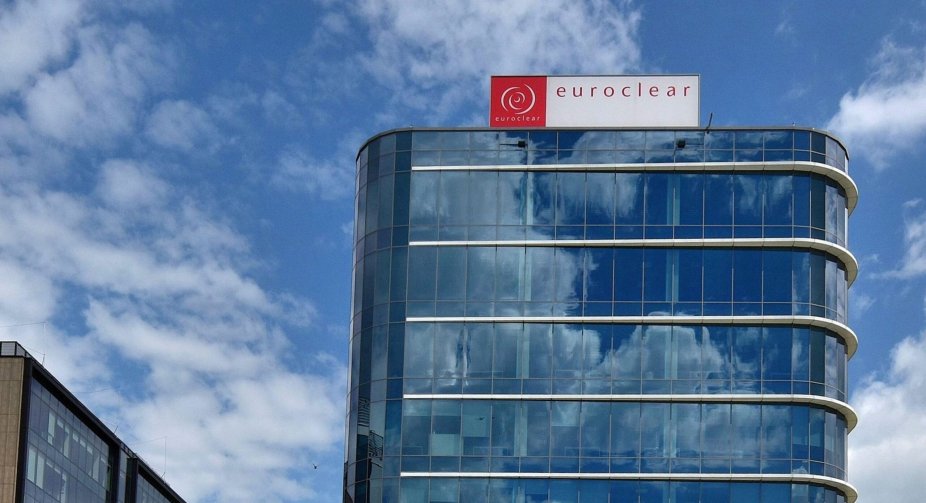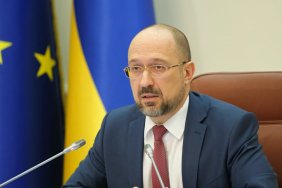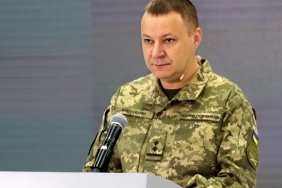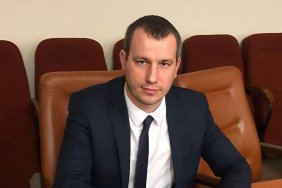The main holder of frozen Russian assets in the West, the Belgian investment fund Euroclear, has opposed the G7 plan to use this money, the Financial Times reports.
The company holds $191 billion of the Russian central bank's frozen assets out of 260.
The plan is to use these assets as collateral to borrow money and transfer it to Ukraine. They want to force Russia to repay it, and if it refuses, then confiscate the assets.
But Euroclear said it would pose risks to the European financial system and expose the company to lawsuits.
"Using assets that do not belong to you as collateral is very close to an indirect seizure or a commitment to a future seizure, which can have exactly the same consequences for the markets as a direct seizure. We can't imagine how the central Russian bank can simply recognize that everything has been seized and that Euroclear's obligations to them have ceased to exist," said Liv Mostry, CEO of the investment fund.
She expressed hope that "reasonable and rational will prevail" so that confidence in the Euroclear system, European capital markets and the euro will not suffer.
The United States is in favor of confiscating Russian assets, but Germany, France and Italy oppose it. While the debate rages, the EU has decided to invest these Russian assets and transfer the profits to Ukraine.






